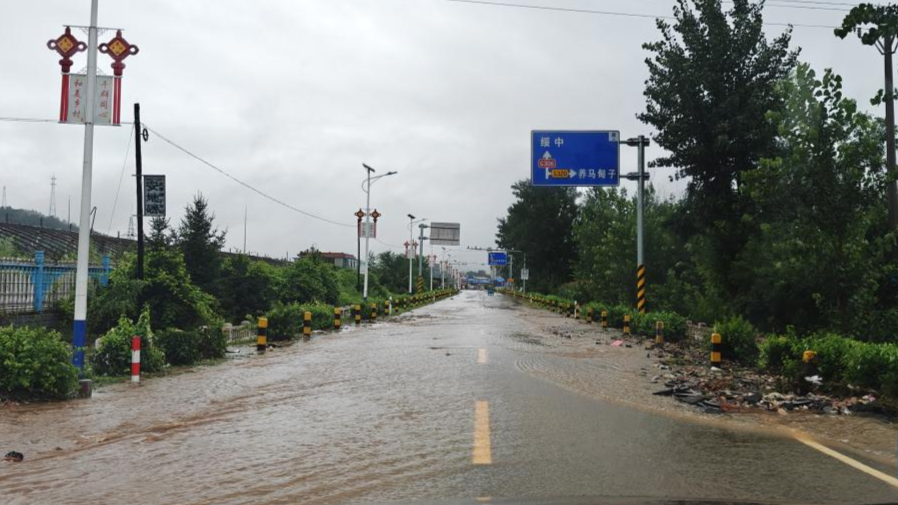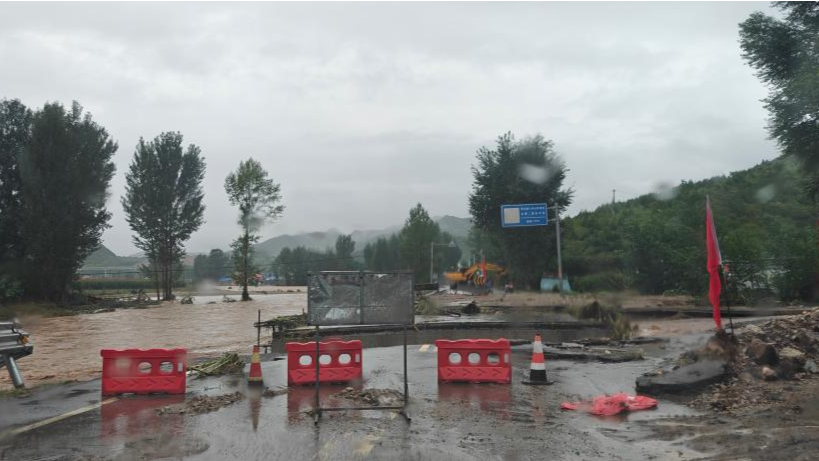
BEIJING — China's national commission for disaster prevention, reduction and relief on Wednesday activated a level-IV disaster relief emergency response following rain-triggered floods in northeast China's Liaoning province.
A work team has been dispatched to the affected areas to assess the impact of the disaster and provide guidance for local relief operations, according to the Ministry of Emergency Management (MEM).
READ MORE: Rain-triggered floods lead to dike breach in China's Liaoning
In recent days, parts of Liaoning province were hit by torrential rains, causing power, communication, and transportation disruptions. In response, the MEM has coordinated with the province to guide rescue efforts, using satellite monitoring and deploying drones to ensure communication support.



Approximately 500 people from the China National Comprehensive Fire and Rescue Team, as well as 150 specialized rescue personnel and 50 units of equipment from China Anneng Construction Group have been sent to the affected areas.
READ MORE: Thousands evacuated as downpours hit parts of North China
China is still in its main flood season, with scattered heavy rainfall hitting both the northern and southern regions. Local governments are urged to remain vigilant, and to strengthen monitoring and early-warning, according to the MEM.


